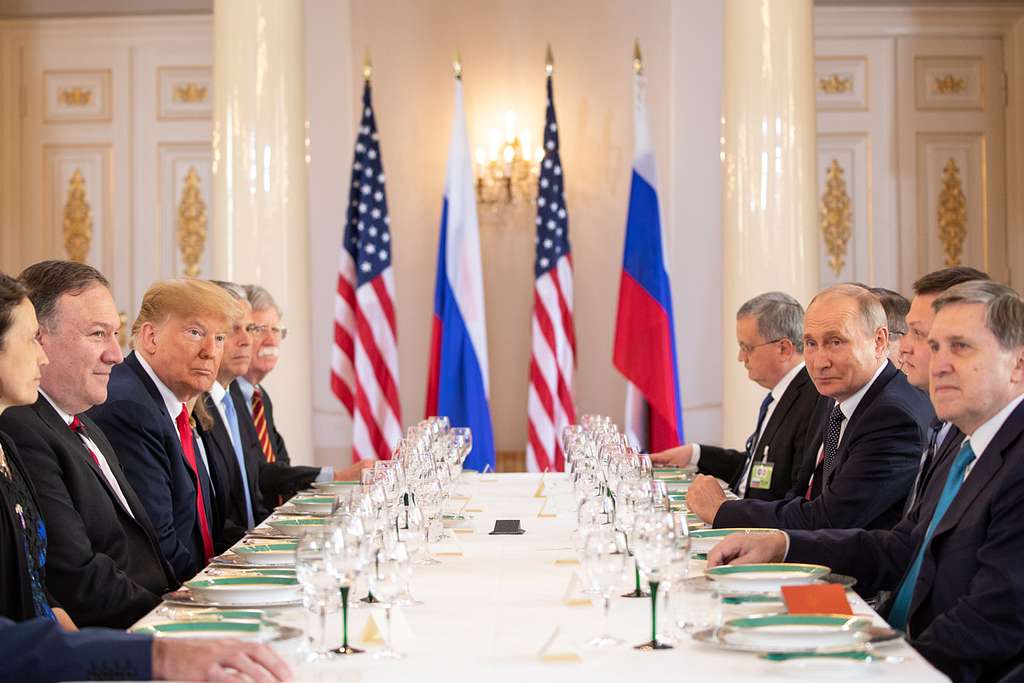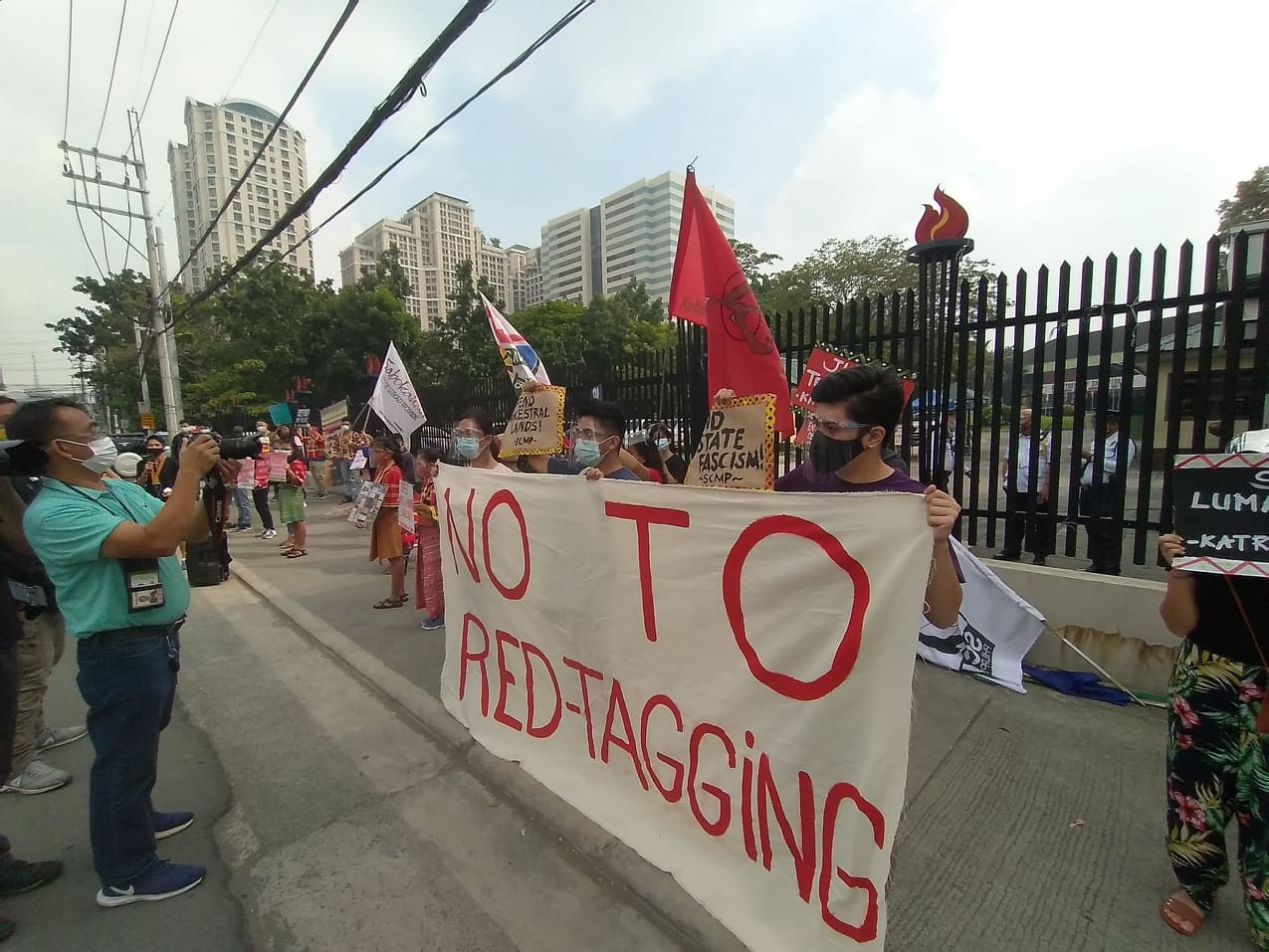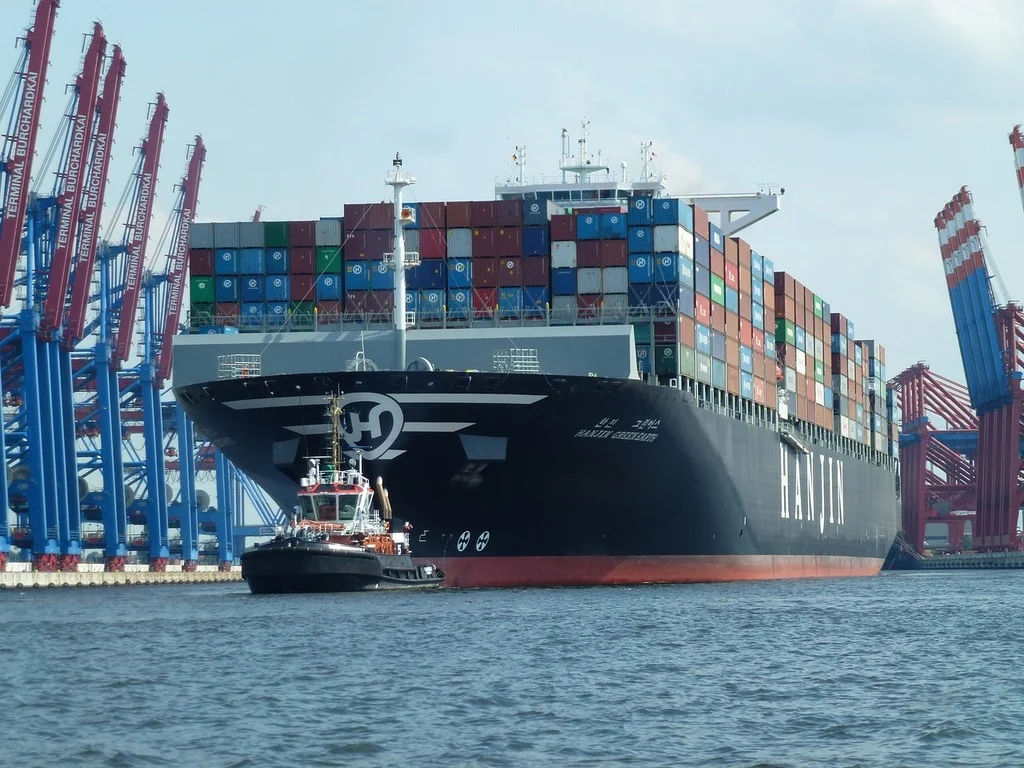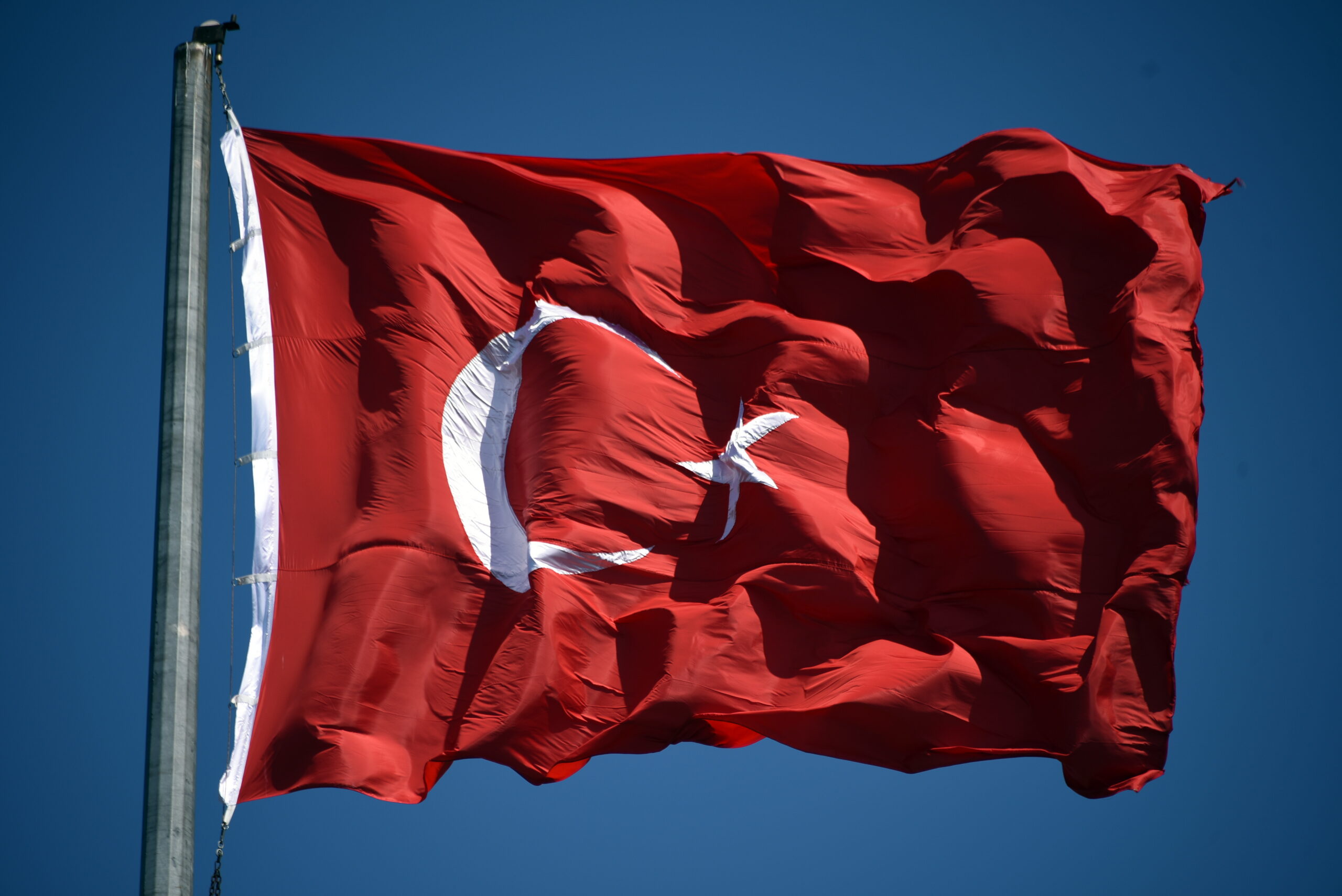Donald Trump declared his Alaska summit with Vladimir Putin a success, despite contrasting evidence suggesting otherwise. On Truth Social, he said a peace agreement over Ukraine, not a mere ceasefire, was the right path, claims he echoed during follow-up talks in Washington with Volodymyr Zelensky and European leaders. “Potentially, millions of people’s lives will be saved,” Trump said. That optimism looks misplaced.
For Putin, Ukraine is not merely a bargaining chip but a territory he views as part of a Russian “civilization-state.” When he meets with Western leaders, he is not negotiating over land; he frames the war as a defense of Russian civilization and its values. As a result, Putin cannot easily “make a deal” involving land swaps to end the conflict.
Russia’s civilisational project
In addition to civilisational rhetoric, other factors contribute to Putin’s intransigence. Strategic concerns about NATO, fears for regime security, and the material importance of Crimea and the Black Sea all shape Moscow’s stance. Yet the language of civilisation turns these into matters of identity and survival. It fuses practical interests with existential claims, making retreat even harder. Even if compromises were possible on security or economics, the civilisational frame casts them as betrayals of Russia’s destiny.
Some American policymakers have tended to read Russia as a state with interests that can be traded. However, Putin accounts for Russia not simply as a nation-state, but as a civilization rooted in Orthodoxy, empire, and the memory of Soviet power. Viewed through this prism, Ukraine is not a foreign neighbour, but an inseparable part of Russian history and identity, which must be defended against Western encroachment.
In his 2021 essay On the Historical Unity of Russians and Ukrainians, Putin claimed that Russians and Ukrainians are “one people,” and that Ukraine is “an inalienable part of our own history, culture, and spiritual space.” Whatever his private convictions, the function of this language is clear. It justifies annexation and occupation, and it raises the political cost of retreat by treating territorial issues as matters of civilisational survival.
Putin himself insists that “the West” does not understand that “the Ukraine crisis is not a territorial conflict … and not an attempt to establish regional geopolitical balance.” Instead, he says, it is rooted in “the principles underlying the new international order” he is building. Peace, in this new order, is possible only “when everyone feels safe and secure, understands that their opinions are respected” and when “no one can unilaterally force …others to live or behave as a hegemon pleases even when it contradicts the sovereignty …traditions, or customs of peoples and countries.”
This framing lets the Kremlin portray the West as the aggressor imposing alien norms on unwilling Ukrainians. Russia, by contrast, is said to be fighting for itself on behalf of all nations who wish to see western hegemony end and the birth of a new multipolar world. Moreover, it portrays Ukraine’s status as a civilisational question tied to identity and resistance to Western liberal norms. As a result, only a settlement that Putin present domestically as recognition of Russia’s civilisational standing is acceptable, which complicates compromise beyond what standard diplomatic formulas suggest.
Challenges to Trump’s pursuit of peace
Trump has made no secret of his desire to be remembered as a peacemaker. However, he also admires strong leaders and has shown sympathy for post-liberal arguments that liberal democracy is exhausted. These affinities bring him closer, at least rhetorically, to elements of Putin’s stance.
Admiration and aspiration alone are insufficient in bridging the gap between Putin and Trump’s positions on Ukraine’s independence. Putin frames the conflict as existential, defending Russian civilisation against Western encroachment. This makes compromise especially difficult. If the war is understood in these terms, how can Moscow return occupied territories without undermining its own civilisational claim? How can it accept a Ukraine that leans towards the European Union, or tolerate an American presence on its soil?
Trump may want peace, but Putin has tied his legitimacy to a narrative that resists it. Unless that framing is abandoned, or radically reinterpreted, any settlement will remain elusive.
A wider trend
“Russia’s approach is part of a wider pattern in which civilisational claims have become central to how leaders justify power and resist compromise. Xi Jinping frames China as a five-thousand-year-old civilisation whose territory includes Taiwan and the South China Sea. He presents the Communist Party as the guardian of a civilisational tradition stretching back to Confucius, giving contemporary disputes an aura of timeless legitimacy. Narendra Modi portrays India as an ancient Hindu civilisation restoring its rightful place after centuries of foreign domination. Each case is distinct, but the message is similar: our civilisation is exceptional, our sovereignty absolute, and our values not up for negotiation.
A troubled summit
Against this backdrop, the Alaska meeting was never likely to produce more than gestures. Trump may genuinely want peace and to be remembered as the leader who ended the war. Yet he is dealing with a counterpart who has justified the invasion of Ukraine in civilisational and existential terms. For Putin, Ukraine is not only territory but a symbol of Russia’s identity and sovereignty, cast as a bulwark against Western encroachment. Within this frame, Russia would view restoring Ukraine’s borders, accepting its European orientation, or tolerating a long-term American presence in the region as defeats of principle rather than concessions of interest.
Trump’s ambition to end the war faces an almost insoluble dilemma. Europe will reject a settlement that rewards aggression, while Putin refuses to surrender territory he has cast as integral to Russian civilisation. Land swaps seem practical but please neither side. If the conflict were to remains frozen, Ukraine will be fractured and the deeper issues unresolved. Peace demands compromise, but compromise undermines the very narratives on which Moscow has built its legitimacy. As a result, unless Putin retreats from his civilisational framing of the war, any settlement will remain elusive and Ukraine’s future uncertain.
Dr Nicholas Morieson is a Research Fellow at the Deakin Institute for Citizenship and Globalisation, Deakin University, Melbourne. He is the author of three books, including Weaponizing Civilizationalism for Authoritarianism: How Turkey, India, Russia, and China Challenge Liberal Democracy (Palgrave 2025).
Ihsan Yilmaz is Deputy Directory (Research Development), Deakin Institute for Citizenship and Globalisation & Research Professor of Political Science and International Relations, Deakin University, Melbourne, Australia. He is currently also a Visiting Professor at Oxford’s Regents Park College and a Non-Resident Senior Researcher at the European Center for Populism Studies (ECPS) in Brussels.
This article is published under a Creative Commons License and may be republished with attribution.





